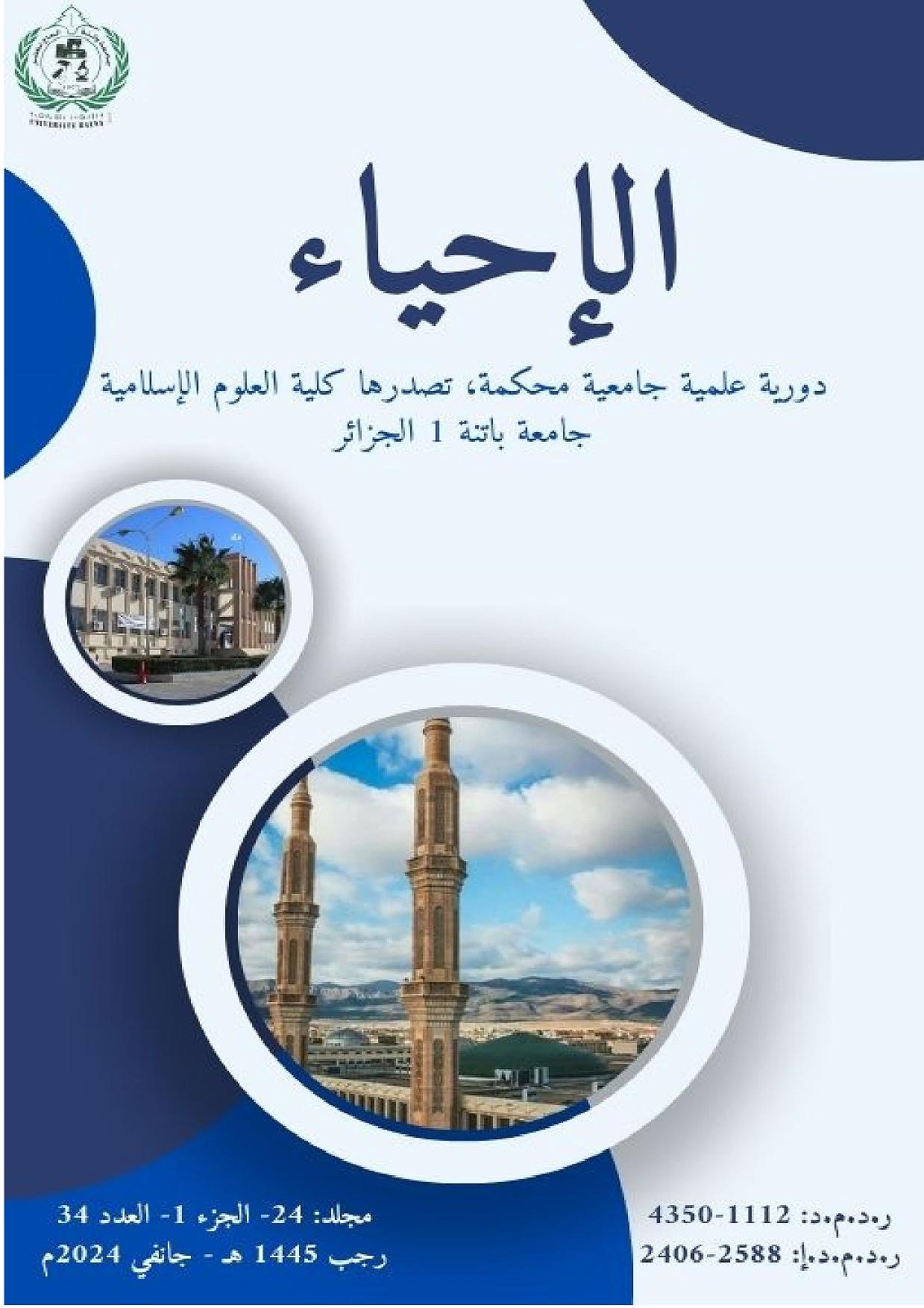The Coercion and its impact on the Will and Actions of the Coerced in Islamic Criminal jurisprudence
DOI:
https://doi.org/10.59791/ihy.v24i1.3834Keywords:
Coercion, Perpetrator, Complete refuge coercion, Incomplete non-refuge coercion, Criminal liabilityAbstract
The article titled "Coercion and Its Impact on the Will of the Perpetrator and Their Actions in Islamic Criminal Jurisprudence" focuses on studying the impact of coercion on the will of the perpetrator and their actions, and how to handle cases of coercion in Islamic criminal jurisprudence. Coercion affects the will and freedom of choice in two scenarios within Islamic criminal legislation, which in turn influences the assessment of criminal responsibility, especially in intentional crimes. It also affects the policy of criminalization and punishment, based on the extent of will and freedom available to the coerced individual and the degree of compulsion they face. If coercion completely eliminates consent and impairs choice, it is considered complete refuge, absolving the perpetrator of criminal liability. Prohibited actions committed under such duress are allowed, and coercion does not impact the determination of the perpetrator's responsibility. In the case of incomplete non-refuge coercion, where consent is eliminated but choice is not impaired, it does not affect criminalization and punishment. The person bears the consequences and criminal responsibility for their actions. The research findings indicate that the rulings regarding coercion differ based on circumstances, as well as the judgment on the commission of prohibited actions in Islamic criminal jurisprudence, depending on the type and severity of coercion and the presence of criminal intent.
Downloads
Published
How to Cite
Issue
Section
License

This work is licensed under a Creative Commons Attribution-NonCommercial-NoDerivatives 4.0 International License.





